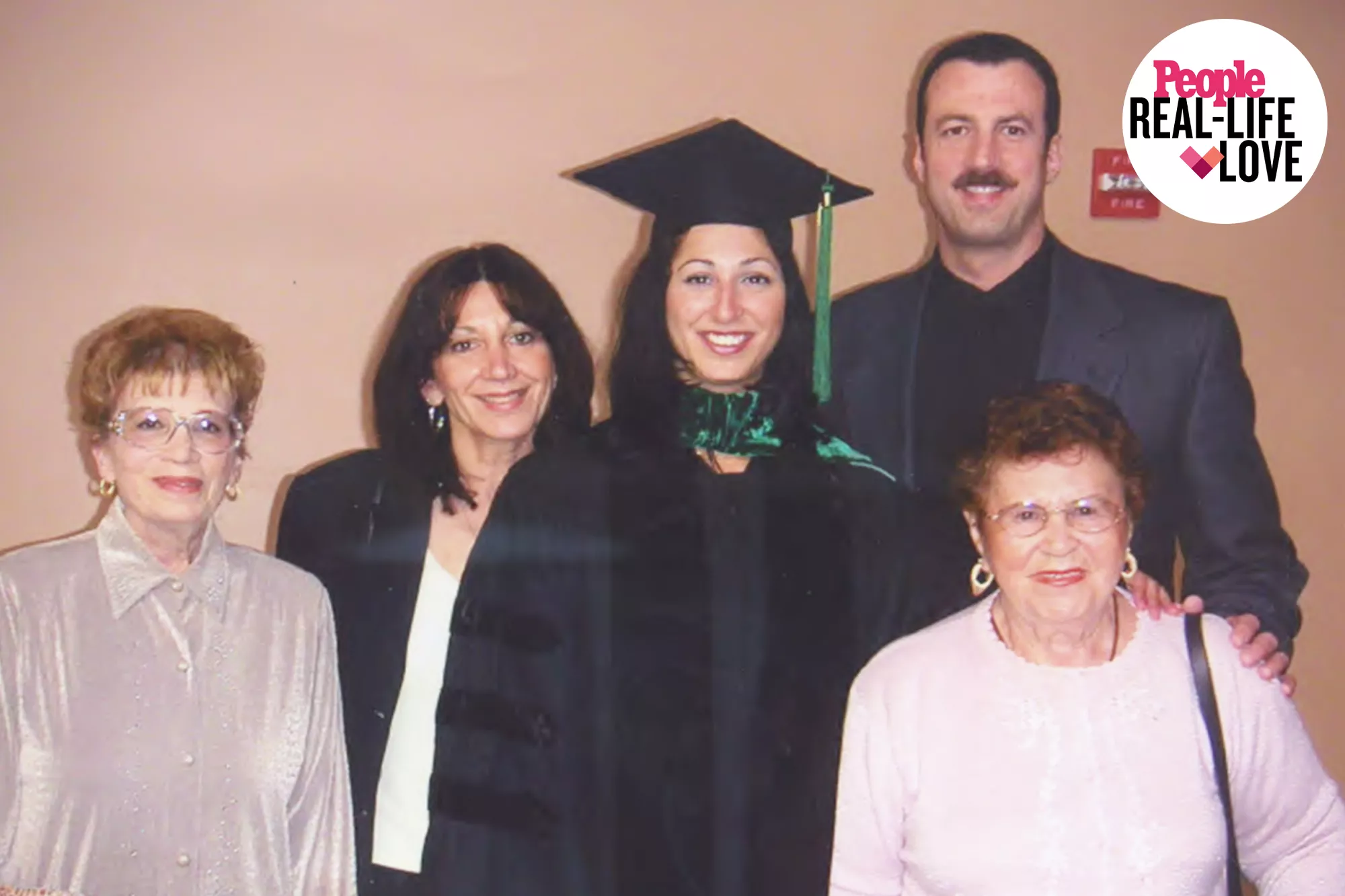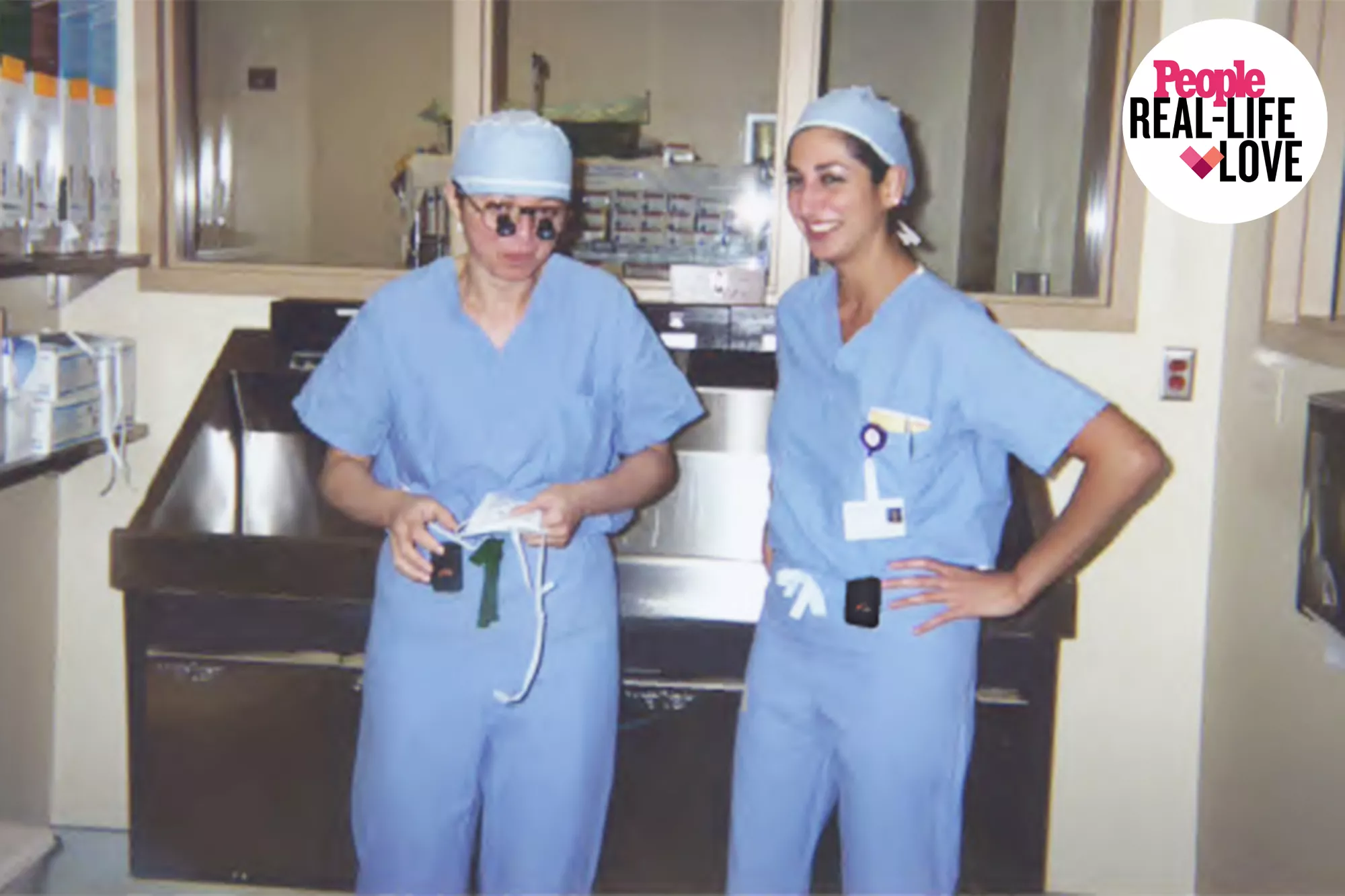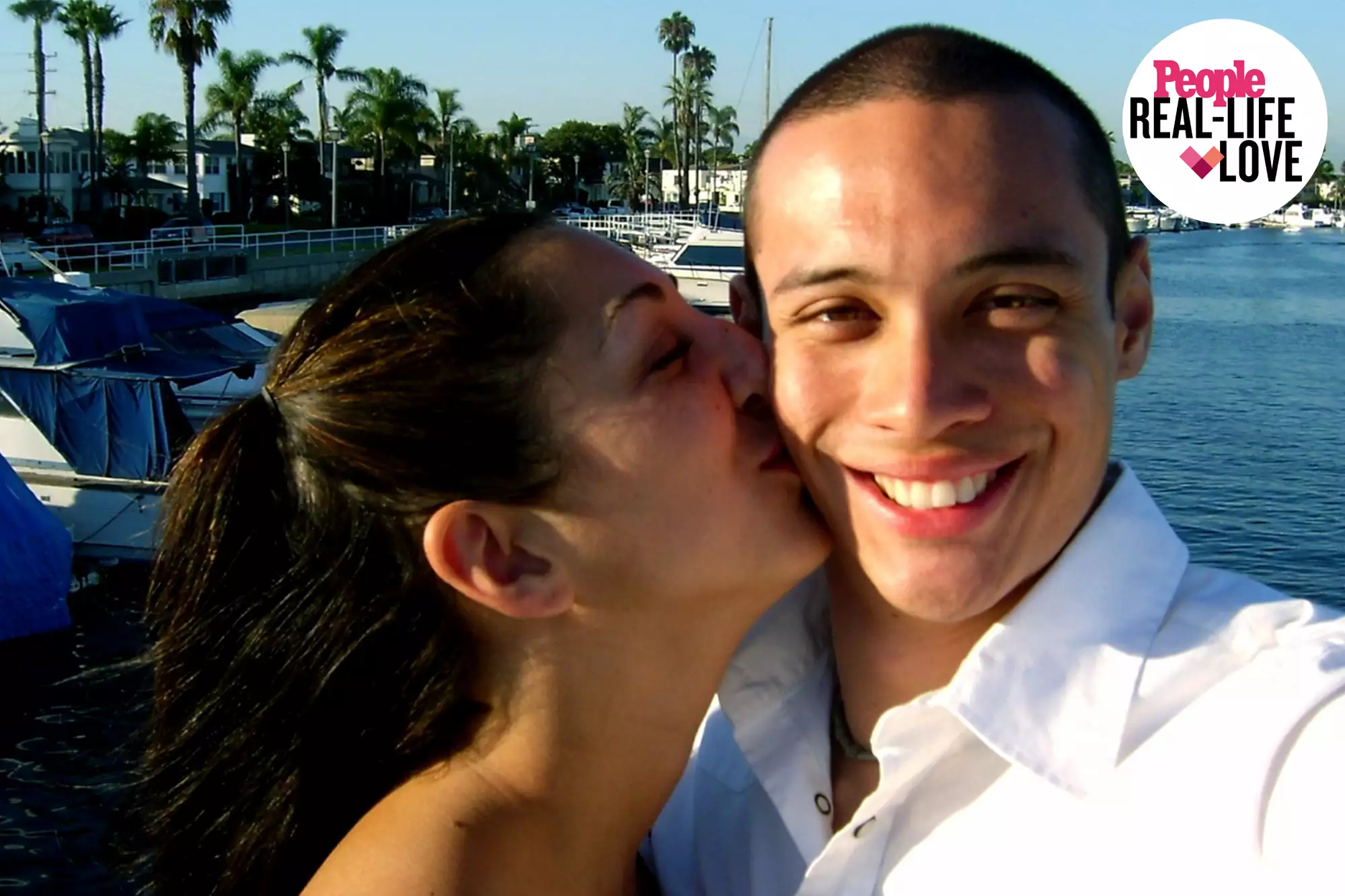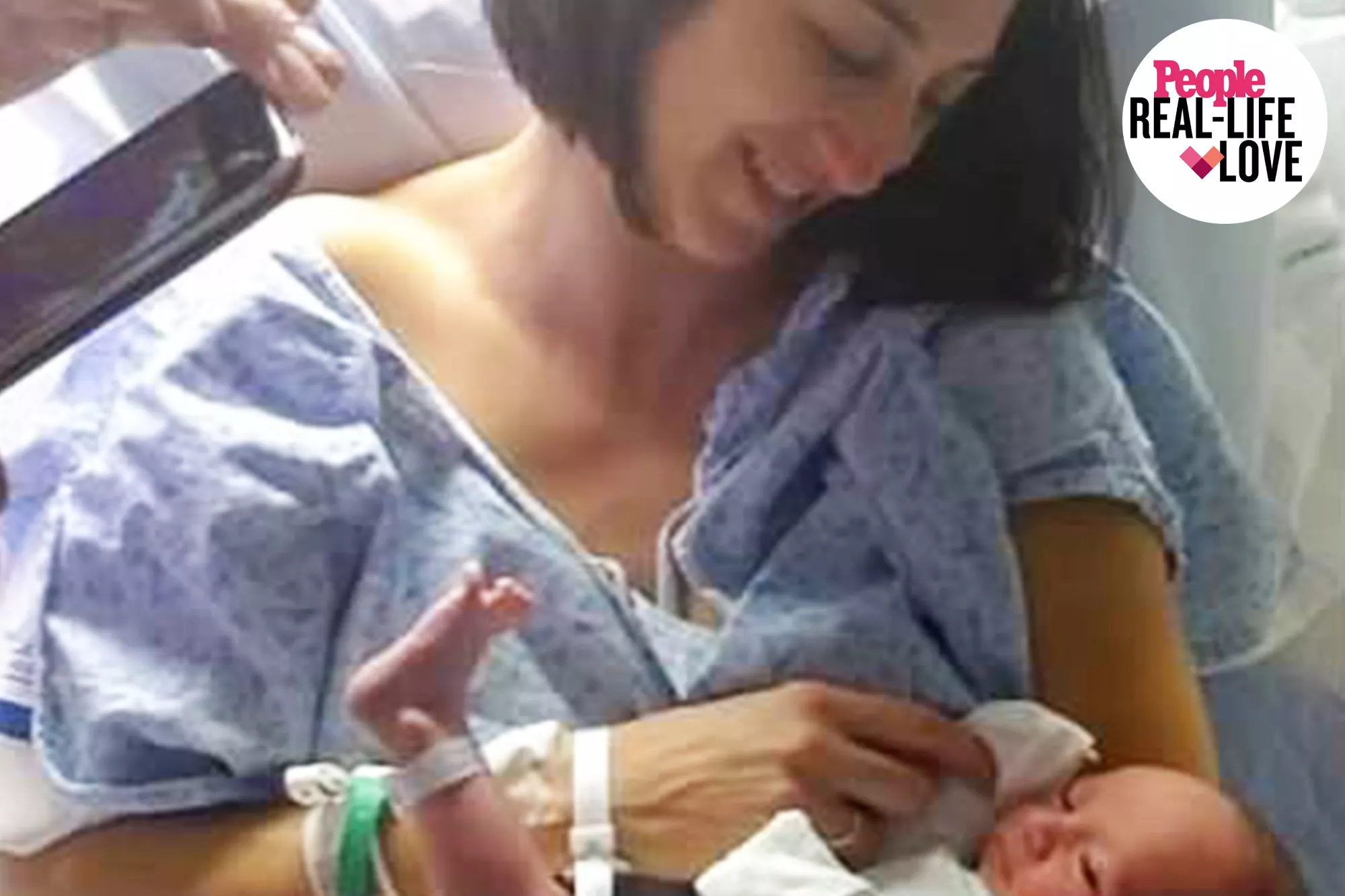Shortly before heading to Maui for her Oct. 10, 2005 wedding, Dr. Brooke Goldner tells PEOPLE she got a call she never expected from her doctor
As a teenager, Dr. Brooke Goldner worried that living with lupus meant she might never find love or have children. Now she’s a happily married mom and, incredibly, she’s had no signs or symptoms of the autoimmune disease for nearly two decades.
By the time she was 16, Goldner was experiencing facial rashes, arthritis, migraines, high blood pressure, Raynaud’s syndrome and stage IV kidney failure. When she learned she had lupus, her health issues made sense, but contending with all the ways treatment could change her life was a lot to handle.
Still, Goldner, now 47, tells PEOPLE that at the time she was determined to “have a good life” and lead with “joy and gratitude.”
Eleven years later, when Pennsylvania-born Goldner was a 27-year-old medical student at UCLA-Harvard, her health had worsened and she began experiencing blood clots, double vision and mini-strokes.
But that’s also when she met Thomas Tadlock, her future husband.
“I just met her out randomly at a bar one night,” says Tadlock, now 47. “We clicked right away and got to know each other, and within weeks we fell in love.”
Never miss a story — sign up for PEOPLE’s free daily newsletter to stay up-to-date on the best of what PEOPLE has to offer, from celebrity news to compelling human interest stories.
Although she thought he was “the most gorgeous person I’d ever met,” Goldner admits that initially, she didn’t think their relationship would last.
The big issue? For one, she was about to move from Pittsburgh to Los Angeles, so she just never considered the possibility.
“I thought it would be friendship, maybe some short-term romance and then I thought we were gonna go our separate ways,” she says. Instead, within a few weeks, she says they were “talking about marriage.”
Since she initially didn’t think their relationship would be serious, Goldner didn’t see the point in telling Tadlock she had lupus, but she says, “If he was going to move to California and start a life with me, he had to know.”
As she explained how serious the chronic disease is, Goldner says she told him that she would “understand if that’s not really what you wanna sign up for.”
But, she adds, “he didn’t flinch.”
Instead, he told her that no matter what the future held, there was nobody he’d rather spend his life with — and that he was committed to caring for her.
“I imagined it would be very hard physically and emotionally…but I didn’t care,” Tadlock says. “I was willing to do whatever was needed to be with [her] for as long as possible.”
Within two months, Tadlock pulled off an impromptu proposal with a “rental car keyring” during a trip to Maui, which is also where they planned on getting married.
With the wedding date set for Oct. 10, 2005, Goldner was focused on getting in the best shape of her life for the big day — she wanted to be “ripped,” says Tadlock, who owned a successful fitness studio at the time.
But nothing could have prepared her for the shock of what she learned a few days before heading to Maui for their nuptials.
Goldner says that her lupus required her to get bloodwork done every month, but right before the wedding she got a call from her doctor, telling her that her most recent tests — which included lupus antibody tests and blood clot antibody tests — were negative.
According to the Lupus Foundation of America, there is “no single diagnostic test for systemic lupus,” and that the tests are used to “detect physical changes or conditions in your body that can occur with lupus.”
And, although rare, it is possible to get a negative result and “still have lupus.”
According to Goldner, her doctor initially thought her results might have been a mistake. Still, he told her to just “enjoy” her wedding and that they’d run more tests when she was back.
But when she got back from the wedding, Goldner’s tests all said the same thing: there was no trace of the autoimmune disease in her body.
For the next several months, Goldner kept up with her usual treatment, but after enough negative tests in a row, she says they agreed that she could start tapering off her medication.
Goldner says that at the time, she felt cautiously optimistic about her prognosis with the incurable disease, but still wanted to “keep getting my labs [done] and see what happens.”
And even though she thought what was going on was “probably temporary,” she was committed to letting herself “enjoy it.”
Finally, after 4 years of the same negative results, the couple decided they were ready to expand their family — and Goldner wanted to try getting pregnant.
Goldner had previously planned on having a surrogate, but since she was feeling the best she had ever felt in her life, she tried conceiving on her own. It ended up being an “amazing experience,” says Goldner, who gave birth to son Solomon in 2009.
A few years later, in 2012, she welcomed a second son, Alex, who sadly died in 2023.
In recent years, Goldner has published the best-selling book, Goodbye Lupus and retired from her job as a medical director to dedicate herself to helping others with autoimmune diseases.
As for what she’s learned from her lupus journey, it’s that “you have to grab onto everything life gives you” — including love.









